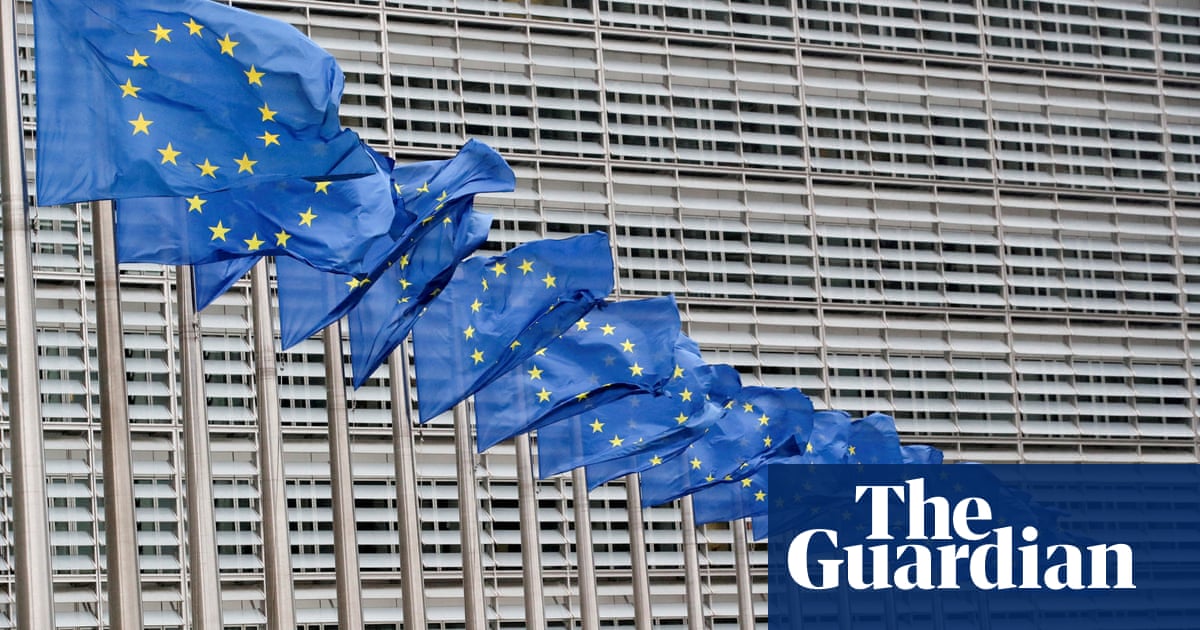EU countries have slashed the scope of a law to make companies hunt down human rights abuse and environmental harm in their supply chains.
The EU’s corporate sustainability directive, which was agreed in December but nearly scuttled after a minor coalition partner in the German government withdrew its support, was approved by member states on Friday after a month-long search for compromise and further lobbying from France and Italy.
Lara Wolters, a Dutch MEP with the centre-left Progressive Alliance of Socialists and Democrats (S&D) grouping who led negotiations for the European parliament, said the new law would help “stop businesses from looking away from very real human misery and destruction” but criticised member states who “persistently delayed” the adoption of the agreement.
The Belgian government, which holds the rotating presidency of the EU Council, thrashed out a compromise that limits the number of companies expected to comply. The new agreement applies to companies with more than 1,000 employees, up from 500, and a net turnover of €450m (£385m) – triple the amount previously agreed.
Environmental groups estimate the changes will exclude 70% of the companies the law was meant to cover.
EU governments have “killed two-thirds of the law” and the impact that it could have had, said Uku Lilleväli, a sustainable finance policy officer at WWF. “The EU countries endorsed the much-needed due diligence law, but at what cost? We’re left with bare bones, with an already weak framework that now covers only a fraction of all large companies.”
The rules, which must be voted on in the European parliament before they come into force, provide a framework for communities to sue EU companies for human rights abuses and environmental harm in their supply chains.
But efforts to water down the rules mean fewer companies will have to set targets to cut pollution and adopt climate transition plans than previously agreed and will have more time to comply. Member states also gutted a provision that would force companies to offer managers financial incentives to hit climate goals.
Aurélie Skrobik, a corporate accountability campaigner at Global Witness, said it was an affront by national governments but a relief that there was a law at all. “This law is a shadow of what it should have been – and what negotiators agreed in December.”
Opponents of the law argued it would place too big a burden on small and medium enterprises (SMEs), who secured extra support in the final agreement, and would raise the potential for legal challenges.
Markus Beyrer, the director general of lobby group BusinessEurope, said the new rules added “unparalleled obligations” and imposed harsh sanctions on companies that would expose them to litigation. “SMEs, even though they are theoretically out of the scope of the directive, will be negatively affected as they make up the largest part of value chains,” he said.
The Chinese chamber of commerce to the EU said in a post on X that the law “could be very concerning” and warned of possible trade disruptions and cost increases. “We call for urgent clarification, and the EU should refrain from erecting market barriers that hinder non-EU producers.”
Industry groups had found support in the German Free Democrats party, which opposed the law after having previously agreed to it. It sparked a public fight within Germany’s governing coalition of the centre-left Social Democratic party and Greens.
“If we break our word after having pledged our support in Brussels, we risk losing the trust placed in us,” said the German foreign minister, Annalena Baerbock of the Greens, in February. The German government abstained on the vote on Friday, which only secured enough votes after Italy threw in its support.
Campaigners decried the 11th-hour horse-trading as undemocratic. Anaïs Berthier, the head of the Brussels office of environmental law campaign group ClientEarth, said corporate pressure and political games had “butchered” an opportunity to revolutionise how business is done in the EU.
“This disrespect for the rule of law is an unsettling trend that we are witnessing across several environmental laws still being approved,” she said. “It’s a worrying sign of things to come in the run-up to the EU elections.”
∎